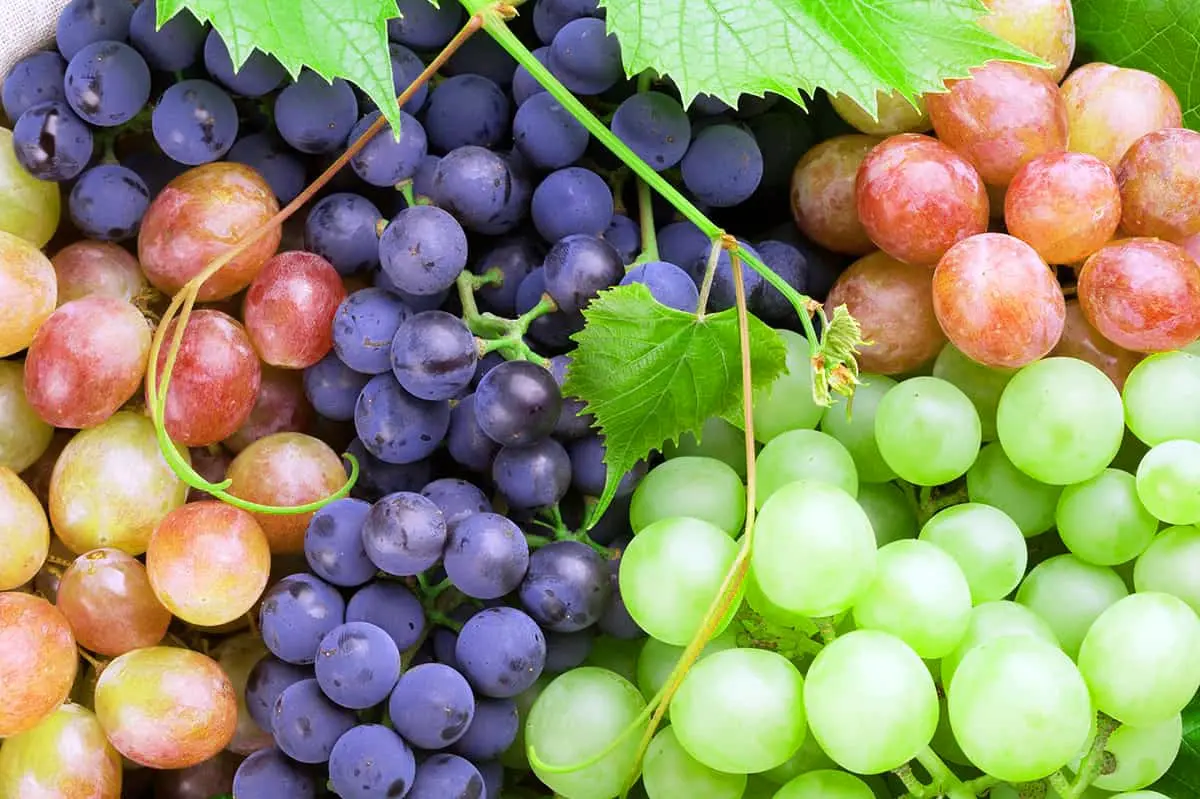Introduction: The Secret in the Skin
Picture a bowl of grapes on the table. They’re glossy, jewel-like, and almost too perfect to eat. Most of us think of them as a light snack, a party platter staple, or the raw material of wine. But beneath that delicate skin lies something that has fascinated scientists, nutritionists, and beauty insiders alike: resveratrol.
Often praised as the secret behind red wine’s health reputation, resveratrol has been linked to heart health, longevity, and even brain protection. But what’s hype, what’s fact, and how can you actually benefit from it?
This article breaks it all down — the science, the myths, and the stylish ways you can make grapes (and resveratrol) part of your lifestyle.
What Exactly Is Resveratrol?
Resveratrol is a type of polyphenol, specifically a stilbene compound, found in the skins of red and purple grapes, blueberries, cranberries, and even peanuts. It acts like a built-in shield: plants produce it as a defense against stress, infection, and UV radiation.
When humans consume resveratrol, we tap into those same protective qualities — though not always in the dramatic way headlines suggest.
Resveratrol burst into the spotlight in the 1990s thanks to the so-called “French Paradox.” Researchers noticed that the French had lower rates of heart disease despite eating diets rich in cheese and butter. Moderate red wine consumption was thought to play a role, and resveratrol became the star suspect.
The Health Benefits of Grapes & Resveratrol
1. Heart Health & Circulation
Resveratrol’s reputation as a heart helper is well deserved. It appears to:
- Improve the flexibility of blood vessels
- Lower LDL cholesterol (the “bad” kind)
- Reduce oxidative damage in artery walls
According to Harvard Health, resveratrol may help reduce inflammation, one of the key drivers of cardiovascular disease.
2. Anti-Aging & Longevity
Resveratrol is sometimes called the “longevity molecule.” Why? Because it may activate sirtuins proteins involved in regulating cellular health and aging. In animal studies, resveratrol supplementation has been linked to extended lifespan and improved metabolic function.
For humans, the evidence isn’t as glamorous. While supplements might support cellular resilience, no pill or grape can turn back the clock. Still, adding antioxidant-rich foods like grapes into your diet can help you age more gracefully.
3. Brain Health & Cognition
Resveratrol may also be good news for your brain. By improving blood flow and reducing oxidative stress, it could slow cognitive decline. Some small studies suggest benefits for memory and learning, though larger-scale research is needed.
Imagine pairing a handful of grapes with your morning coffee — not just refreshing, but potentially protective for your long-term brain health.
4. Blood Sugar & Metabolism
In the realm of diabetes research, resveratrol shows promise. A study in the Journal of Clinical Endocrinology & Metabolism found that supplementation improved insulin sensitivity in people with type 2 diabetes. This could make it a valuable tool for supporting balanced blood sugar — though again, diet and lifestyle remain the foundation.
Grapes vs. Supplements: Where Should You Get Resveratrol?
| Source | Pros | Cons |
|---|---|---|
| Red Grapes | Natural, hydrating, fiber-rich | Resveratrol levels vary widely |
| Red Wine | Enjoyable, cultural appeal | Alcohol risks outweigh benefits |
| Supplements | High, consistent dosage available | Mixed evidence; expensive long-term |
Here’s the reality check: the amount of resveratrol in food is relatively small. A glass of red wine, for example, contains about 1 mg, while many supplements pack 100–500 mg per capsule.
But that doesn’t mean more is always better. Most experts recommend focusing on natural food sources first, and only considering supplements if advised by a healthcare professional.
The Red Wine Myth
Let’s clear the air: red wine does contain resveratrol, but not enough to justify drinking it as a health tonic. To match the doses used in lab studies, you’d have to consume hundreds of glasses of wine per day — clearly not a good idea.
Instead, enjoy wine in moderation for the cultural and sensory experience, not as your antioxidant delivery system. Grapes, berries, and even peanuts are safer (and hangover-free) ways to get your fix.
Grapes by Variety: Do Some Have More Resveratrol?
Not all grapes are created equal. Resveratrol levels depend on the grape’s color, growing conditions, and even geography.
- Red and purple grapes: Highest levels of resveratrol, especially in the skins.
- Green grapes: Contain less resveratrol, but still provide hydration and fiber.
- Concord grapes: Famous for their deep purple hue, these are particularly rich in antioxidants.
If your goal is resveratrol, darker grapes are the way to go.
Stylish Ways to Add Grapes to Your Diet
Skip the bland fruit bowl routine. Grapes can be elevated into something much more chic:
- Toss roasted grapes with balsamic glaze over bruschetta.
- Pair frozen grapes with dark chocolate shards for a quick indulgence.
- Add sliced grapes to a grain bowl with quinoa, kale, and pistachios.
- Blend Concord grapes into a smoothie with almond milk and oats.
Practical and stylish — wellness should feel good, not like homework.
Resveratrol Supplements: Hype vs. Reality
Walk down any wellness aisle and you’ll see resveratrol capsules promising everything from anti-aging to disease prevention. But do they live up to the buzz?
- The good: Supplements provide consistent, concentrated doses, which is useful for research or people unable to get enough through food.
- The caution: Human trials are limited, and long-term safety hasn’t been fully established. Some studies show benefits; others don’t.
In other words, supplements are a gamble. For most people, a balanced diet is still the smarter, more sustainable choice.
The Bigger Picture: Lifestyle Matters More
It’s tempting to pin your hopes on a single compound. But health doesn’t come from one molecule — it comes from a lifestyle. Resveratrol may contribute to heart and brain wellness, but so does exercise, stress management, and a colorful, plant-forward diet.
Think of resveratrol as the stylish accessory, not the whole outfit.
Key Takeaways
- Grapes (especially red and purple) are natural sources of resveratrol, a powerful antioxidant.
- Benefits include heart health, possible brain protection, blood sugar support, and anti-aging effects.
- Supplements offer higher doses but remain scientifically unproven in the long term.
- Wine contains resveratrol, but not enough to justify drinking it for health reasons.
- The best approach? Enjoy grapes and other antioxidant-rich foods as part of an overall healthy lifestyle.
FAQs
1. Do I need resveratrol supplements to see benefits?
Not necessarily. Most people can get enough antioxidants through a diet rich in fruits, vegetables, and whole grains. Supplements are optional and best discussed with a doctor.
2. Which grapes are the best source of resveratrol?
Red and purple grapes, particularly Concord grapes, have the highest levels.
3. How much resveratrol is in a glass of wine?
Roughly 1 mg — far less than what’s used in research studies.
4. Can resveratrol prevent aging?
It may support cellular health, but it won’t stop aging. Think of it as part of an overall healthy lifestyle, not a magic pill.
5. Is resveratrol safe for daily use?
Food sources are absolutely safe. Supplements are generally considered safe in moderate doses, but long-term data is limited.
Leave a comment
Your email address will not be published. Required fields are marked *



